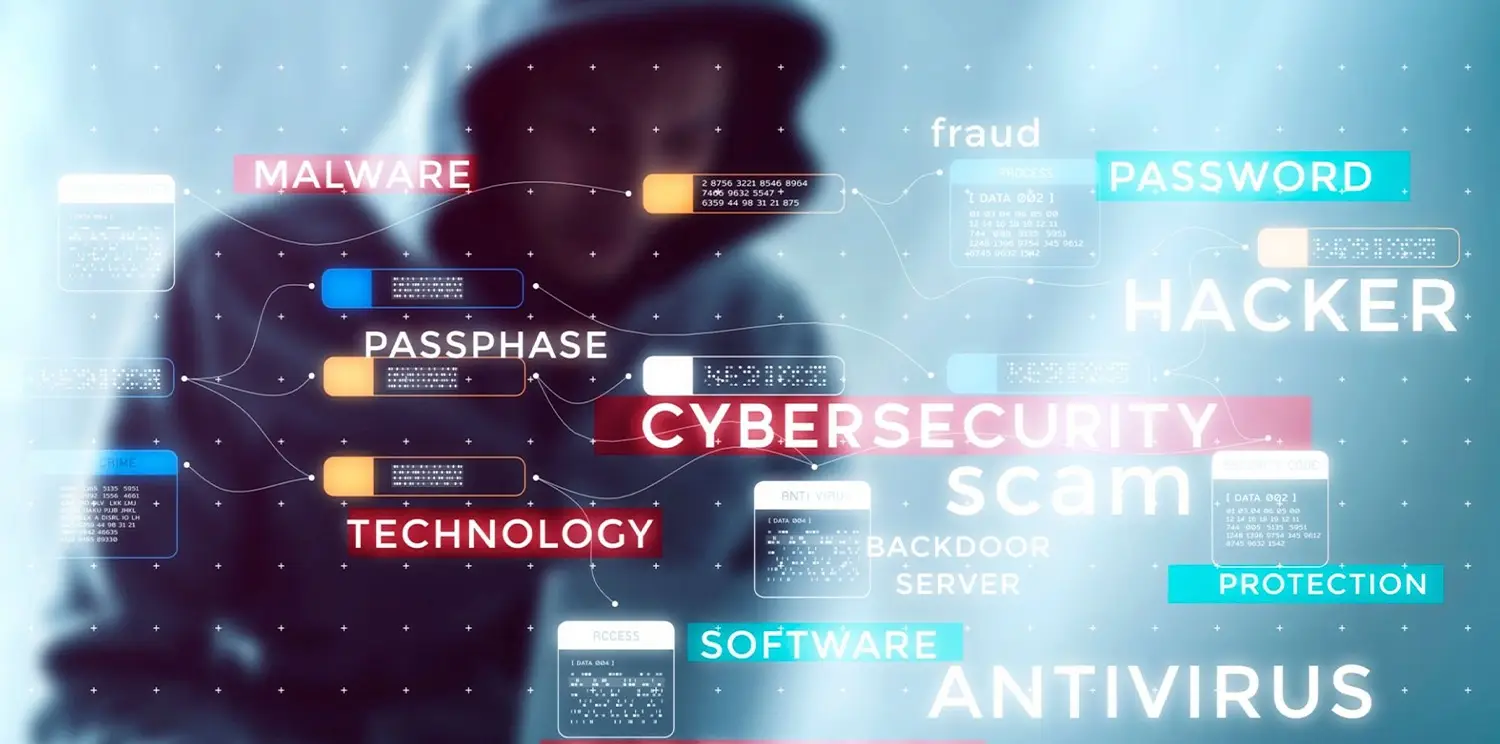The government sector plays a critical role in the functioning of a country. From ensuring national security to providing essential services, government agencies handle sensitive and confidential information that, if compromised, can have severe consequences. One of the biggest challenges that the government sector faces today is cyber threats. Cyber threats are increasingly becoming a significant issue in the government sector, and they pose a threat to national security and public safety. In this article, we will explore how cyber threats are a major issue in the government sector.
Confidentiality of sensitive information
Government agencies often deal with sensitive and confidential information, including classified information that, if compromised, can have severe consequences. This information can include personal details of citizens, national security information, financial data, and other confidential information. Cyber threats, such as data breaches and hacking, can compromise the confidentiality of this information, leading to severe consequences.
Cyber attacks can cause system disruptions
Government agencies rely heavily on technology to provide essential services to citizens. From healthcare to transportation to finance, technology plays a crucial role in the functioning of government agencies. Cyber attacks can cause system disruptions, leading to the inability of government agencies to provide essential services to citizens. This disruption can impact citizens’ safety and well-being, making cyber threats a significant issue for the government sector.
Increased frequency and complexity of cyber attacks
Cyber attacks have become more frequent and complex, making it more challenging for government agencies to keep up with the evolving threat landscape. Cybercriminals are using sophisticated techniques to breach government systems, making it more difficult for government agencies to detect and prevent cyber attacks. The increased frequency and complexity of cyber attacks have made cyber threats a significant issue for the government sector.
Lack of resources and funding
Many government agencies face budget constraints, which can limit their ability to invest in cybersecurity measures. This lack of resources and funding can make government agencies vulnerable to cyber threats, as they may not have the necessary tools and technologies to protect themselves against cyber attacks. This vulnerability can have severe consequences, as cybercriminals are always looking for vulnerabilities to exploit.
Cyber attacks can be used as a tool for political gain
Cyber attacks on government agencies can be used as a tool for political gain, which can have severe consequences for national security and public trust in government institutions. Cybercriminals can use stolen information to blackmail or manipulate government officials, compromise national security, or create chaos and confusion. This use of cyber attacks for political gain has made cyber threats a significant issue for the government sector.
Cyber threats are a major issue in the government sector, posing a threat to national security and public safety. Government agencies must take cybersecurity seriously and invest in robust measures to protect themselves against cyber attacks. These measures should include regular security audits, employee training, and the adoption of advanced cybersecurity technologies. With the increasing frequency and complexity of cyber attacks, it is crucial for government agencies to remain vigilant and proactive in their cybersecurity efforts. By doing so, they can ensure the safety and security of citizens and maintain public trust in government institutions
TSAROLABS is a technology consulting firm that offers a range of services, including cybersecurity, to help organizations protect themselves against cyber threats. Specifically, TSAROLABS can help government agencies in the following ways:
Security Assessment and Audit: TSAROLABS can conduct a thorough security assessment and audit of government agencies’ existing IT infrastructure to identify vulnerabilities and provide recommendations on how to strengthen their security posture.
Cybersecurity Consulting: TSAROLABS can provide expert advice and guidance on how government agencies can improve their cybersecurity practices and policies to mitigate cyber threats.
Incident Response Planning: TSAROLABS can help government agencies develop and implement an incident response plan that outlines the steps to be taken in the event of a cyber attack.
Penetration Testing: TSAROLABS can conduct penetration testing, which involves simulating an attack on government agencies’ systems to identify vulnerabilities and provide recommendations on how to address them.
Security Awareness Training: TSAROLABS can provide security awareness training to government agency employees to help them understand the importance of cybersecurity and how to recognize and respond to cyber threats.
TSAROLABS can assist government agencies in improving their cybersecurity posture and protecting themselves against cyber threats through security assessment and audit, cybersecurity consulting, incident response planning, penetration testing, and security awareness training. By partnering with TSAROLABS, government agencies can better safeguard their confidential information, maintain public trust, and ensure the safety and security of citizens.
Related Tags: Cybersecurity, Government Sector, Cyber Threats, National Security, Public Safety, Confidential Information, Data Breaches, Hacking, System Disruptions, Cyber Attacks, Security Audit, Employee Training, Advanced Cybersecurity Technologies, Incident Response Plan, Penetration Testing, Security Awareness Training, TSAROLABS, Technology Consulting Firm


